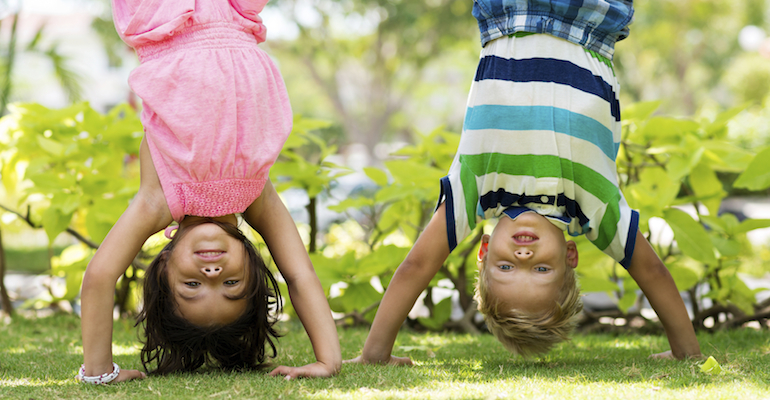For lots of adoptive parents, the hardest part of the process is the “choice.” Some have an instant, clear vision of their child — a toddler from China, an infant who looks just like you, a teen from the local community. For others, the process raises uncomfortable questions about race, age, and gender.
The first and most important decision concerns age: Many of our families want to experience their child’s “firsts” — the first days, first smile, first steps. Take time to think this through. If you want to adopt a newborn baby, you are ruling out international adoption, and you may be ruling out the ability to choose a boy or a girl.
Few adoption professionals will say this, but choosing to adopt a newborn makes it very hard to choose gender. If you want a newborn, you are limited to private adoption or fost-adopt, where opportunities to pick a boy or a girl will be very limited. If you are happy to adopt a child who’s one year or older — domestic or international — many agencies will let you specify gender.
There are so many older children to adopt, is it unreasonable to want a baby?
As with all the other choices, your responsibility is to adopt the child you can parent best. If raising a child from infancy is very important to you, then that’s what you should do.
As you think about the age you want to adopt, keep your own age in mind. Some sending countries, and a few U.S. agencies, mandate a maximum age gap between parent and child (40 years is a common one). If you are, say, 45 years old, you can’t adopt a child younger than five.
What’s the toughest age to adopt?
Many adoption professionals say that toddlers (children aged one to three years) have the hardest transition to adoption. They are old enough to feel the loss of familiar people and surroundings, but too young to understand what’s happening to them.
Karen Shulz, an adoption specialist at the Center for Adoption Support and Education, in Silver Spring, Maryland, says: “Parents experience adoption as the most joyous occasion. But for a toddler, it can feel like being kidnapped.”
It’s hard to predict how a toddler will adjust to his new home. Some children rebound quickly, but for many others, the adjustment takes time, attention, and parents who understand the challenge of adopting a child at this age.
Are we ready for a toddler?
- What are your expectations? Be honest. Do you envision a youngster who is toilet-trained and sleeps through the night? A newly adopted two- or three-year-old may behave like a much younger child, as a result of grief, neglect, or institutional care.
- Are you in good physical shape? Many toddlers need the security of being frequently held and carried. Others keep incredibly busy, exploring the wonders of their new life. Either way, you’ll need strength and stamina to keep up.
- Can you tolerate extreme behavior? Some newly adopted toddlers rage for hours, cry inconsolably, or act out aggressively.
- Do you have a support network? The demands can be overwhelming. Do you have friends or family who can step in? Does your agency offer post-adoption support?
Can we adopt an infant now and an older child later?
Some adoption agencies will not let you adopt out of birth order; they want your adopted child to be the youngest in the family. If you want to adopt out of birth order, make sure you ask this question when you research agencies.
If you are adopting from a developing country, bear in mind that estimates of age may not be accurate. Babies may be months younger or older than expected, and we know families whose “four-year-old” turned out to be seven, or whose “11-year-old” was really 15. If you are adopting an older child and age is very important to you, talk to a pediatrician who specializes in international adoption before you accept your referral.
What does “older” mean in adoption?
When adoption professionals talk about older children, they generally mean older than five years. Some families we know have adopted both infants and older children; they say that, while the experiences are different, and require different skills, the eventual bonds and love are the same.
Contrary to popular belief, older children are not more likely to have attachment disorders than children adopted under the age of five. A child who has formed a strong attachment at some point in their lives (to a parent or a caregiver) has the framework to form healthy bonds later. However, an older child will certainly have experienced some form of loss, and, possibly, neglect and abuse as well. Parents should be prepared with extra support (for the child and for themselves).
There can be great advantages to adopting an older child: speed, low cost, the ability to choose gender. Some of our families have wanted older children from the beginning; others came to the decision after carefully weighing their options. All of them have become advocates for the adoption of older kids.




